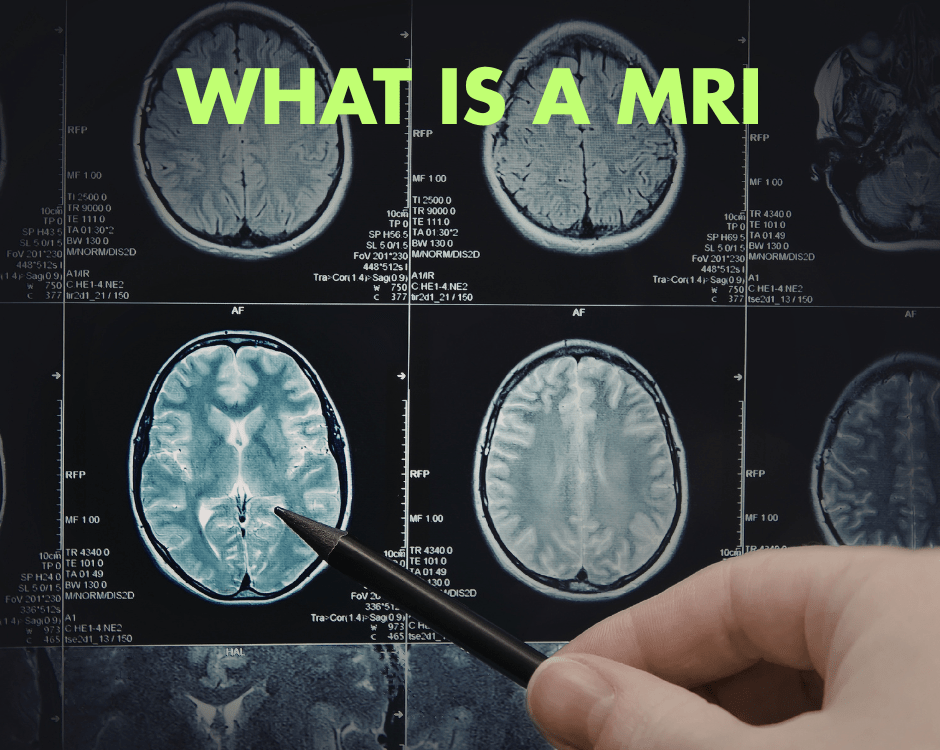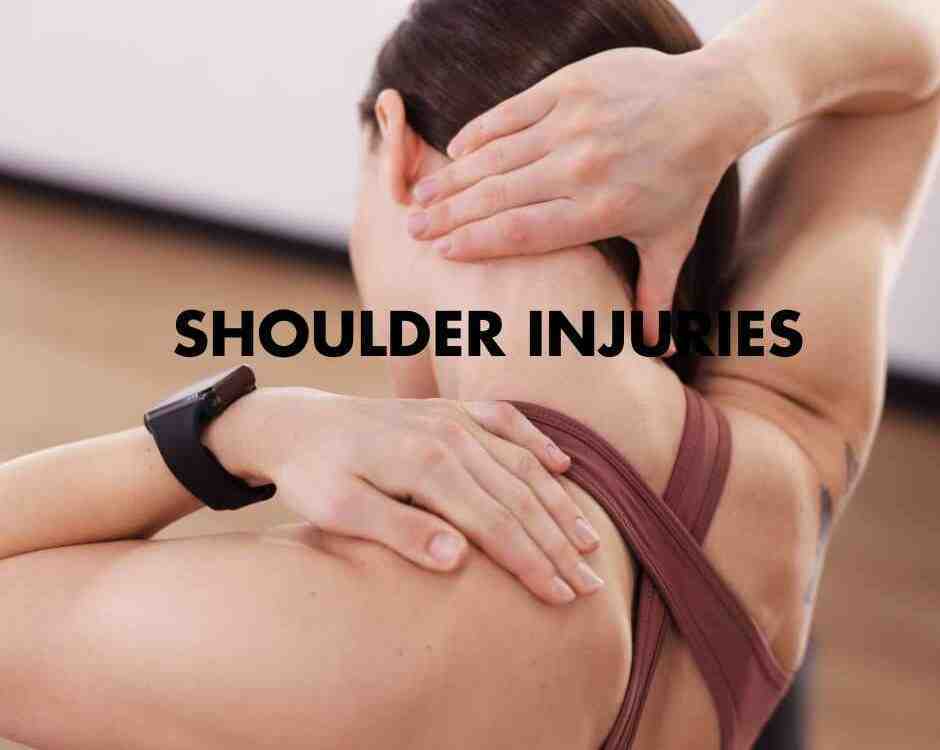Eye Dominance

November is National Diabetes Awareness Month!
November 7, 2025
Foods to Minimize Acid Reflux
November 10, 2025- Accident doctor
- accupuncture
- airplane headache
- alzheimer's
- best habits
- Brain Injuries
- car accident
- car accidents
- cervical strain
- colds
- concussion
- Concussions
- disc bulge
- dosage meds
- dry needling
- dull pain
- E bike injuries
- florida
- good posture
- headaches
- Headrest positions
- Headrest positions after an accident
- Healthy choices
- Healthy flying
- healthy gift guide
- Healthy SPring Ideas
- hip pain
- hyperextension
- injury doctor
- insurance
- Kayaking
- kentucky
- kids motion sickness
- lifestyle
- motion sickness
- neck injury
- no fault insurance doctor
- noise healing
- osteoporosis
- pain symptoms
- pink noise
- posterior chain
- posture
- prevent osteoporosis
- Rest
- Scoliosis
- shoulder pain
- Stress with kids after a motor vehicle accident
- TBI
- tips
- tmj
- torn muscle
- Traumatic Brain Injury
- trigger points
- VitaminD
- What are Post Traumatic headaches?
Eye Dominance
Have you ever noticed one eye seems to take the lead when you aim or focus? That is your dominant eye at work, a small preference your brain relies on daily. Most people have one eye that guides vision tasks, often without realizing it. If you have ever looked through a telescope or through a peephole in a door, you may be closing the same eye every time. Dr. Aaron Workman of Chambers Medical Group, one of the highest rated car accident medical doctor programs in Kentucky, explains what a dominant eye is, how it affects your life, and how to figure out yours.
- What is Eye Dominance
Eye dominance means one eye is preferred by your brain for clear vision. This eye can set the stage for how you perceive the world around you daily. About 70% of people are right-eyed dominant, while 29% are left-eyed dominant, and a few shows no preference at all. This natural choice by the brain helps align your sight with the eye that provides the clearest picture. It is not necessarily the strength of vision in the one eye, but more so the best choice your brain has found in processing visual information.
- Impact on Daily Activities
Your dominant eye plays a huge role in activities like shooting a basketball, archery, photography, shooting a rifle, driving, learning, or even trying to get a piece of thread in that tiny hole of a needle. In sports, it helps you get things lined up for accuracy and improving your aim. For activities such as reading or driving, it allows for a steady focus, and the other non-dominant eye supports the depth perception. If this process is not working correctly, it can lead to a difficult time trying to accomplish jobs that require precision work.
- Health and Vision
Dominance can hint at how healthy your vision is. If one eye struggles to lead, it might signal issues that will eventually lead to a need for glasses. Over time, favoring one eye excessively could strain the other, prompting regular eye checkups. If a person is having difficulties focusing on things closeup they may need to have their eye doctor correct their vision based on their dominant eye. The optometrist may have the dominant eye focused better at distance and the non-dominant eye focused more nearby. These adjustments can balance usage of both eyes and help support your eyes for long term vision health.
- Determine Your Eye
Finding your dominant eye is easy to do. Try the triangle test. Form a small triangle with both hands, look at an object across the room with both eyes, position it within the hand triangle, then close each eye alternately. Now do the same activity again and notice that the image stays centered with your dominant eye. When you look through the other eye there is a significant shift, and the object may move out of your triangle completely. Another method is pointing at an object, closing one eye, if the target shifts, that is your non-dominant eye. These quick checks reveal your preference.
- Tips
Knowing your dominant eye can improve skills. If you like shooting sports, then you align sights with the dominant eye, and photographers will frame shots in the same way. Those who understand their eye dominance can focus on techniques that enhance their hand-eye coordination, allowing them to do better in their chosen sport or activity. If you have children, you can ask them which eye they think is their dominant eye and then have them do one of the tests for fun.
The dominant eye is your brain’s best friend for focus and aim, shaping everything from sports to your daily tasks. Most people will favor the right eye, and this correct choice will influence their precision and depth perception. If they are not sure of the dominant eye, they can perform a test like the triangle method to have a clear understanding. You can use this knowledge to enhance activities, balance eye use, and check vision health regularly. Start with a quick test today, adjust habits as needed, and if your vision ever feels weird you may need to follow up with your optometrist to evaluate your eye health.
— This article is written by Aaron Workman, DC, one of the members of Chambers Medical Group’s team of car accident chiropractors who offer a variety of treatments and therapies ranging from diagnostic testing to various soft tissue therapies for car accidents and injuries in Kentucky.




